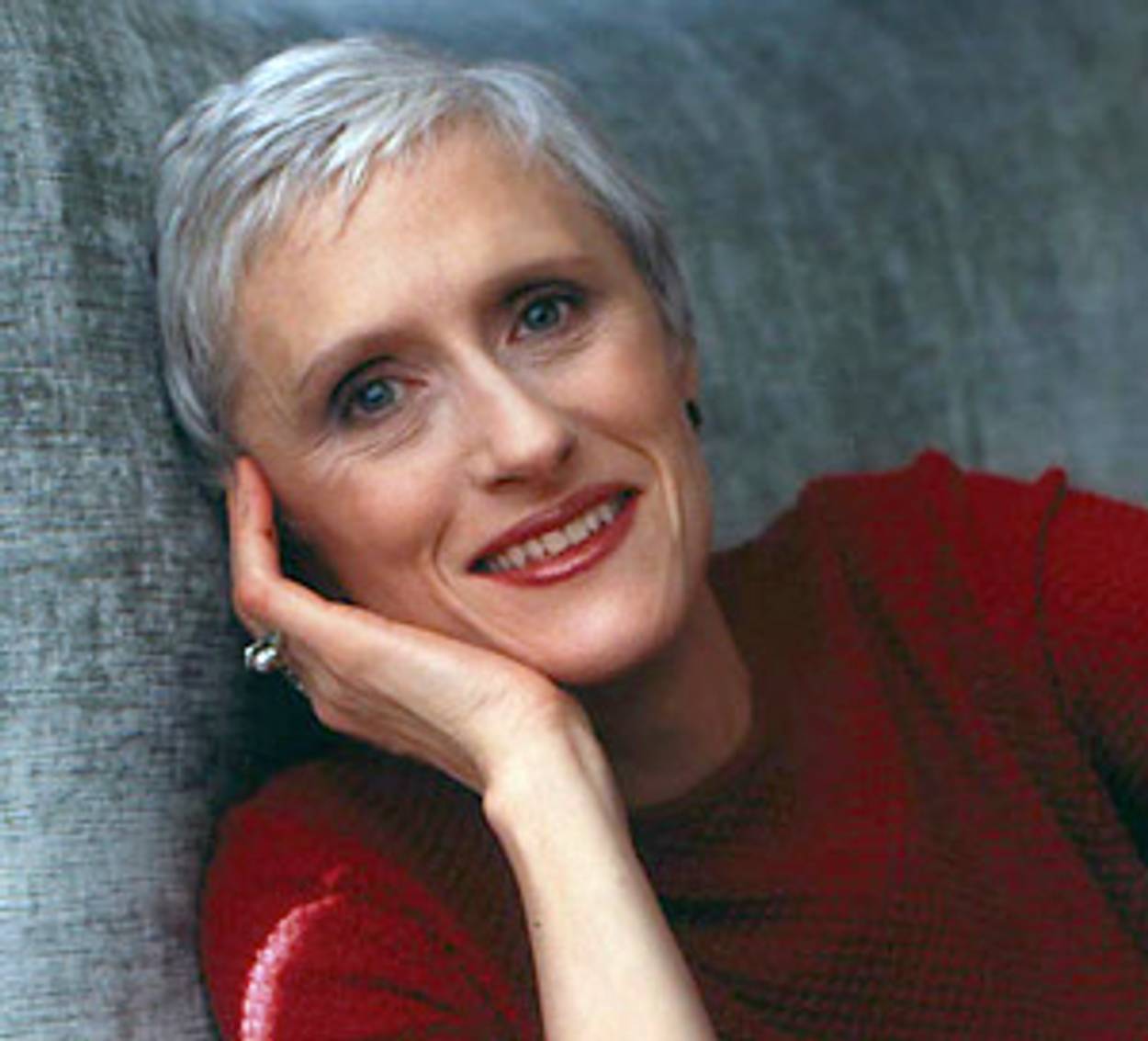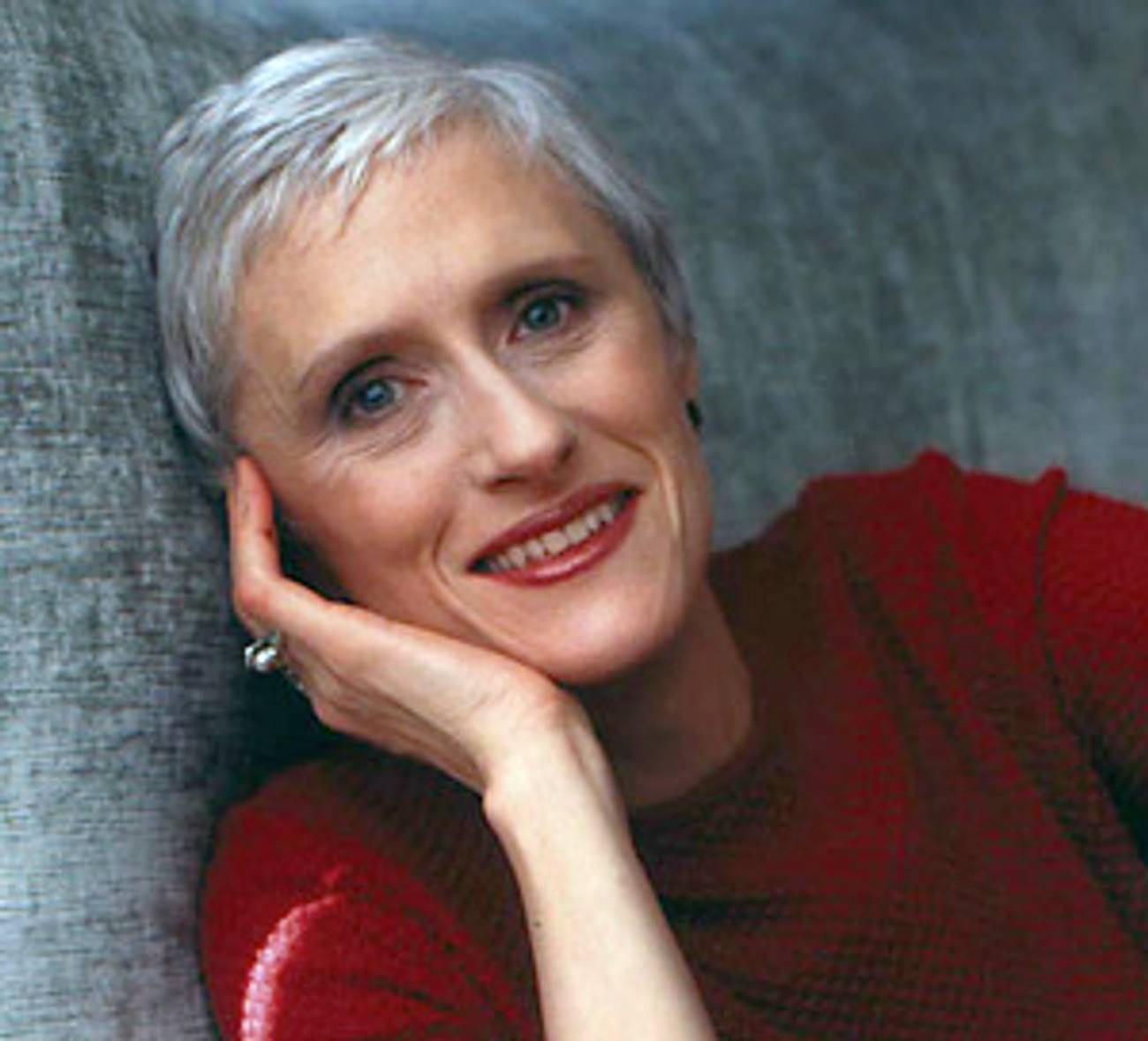In Her Own Backyard
Sara Paretsky on her latest leap from crime fiction and what her famous heroine has in common with I.B. Singer




Sara Paretsky has spent the past twenty-five years in the company of V.I. Warshawski, a private eye who gets into street fights in her native Chicago, takes on corporate corruption, and loves high fashion. It’s been time well-spent: Warshawski, the heroine of Paretsky’s fourteen detective novels, has made her creator one of the most acclaimed and popular writers of American crime fiction.
Paretsky is known for tackling complex political issues in her work, in particular racial and class relations in Chicago. Total Recall, published in 2001, deals with a character who claims to have recovered memories of surviving concentration camps in his youth, and juxtaposes debates over reparations for the Holocaust and slavery. In two recent books, Paretsky has taken leave of Warshawski for the rural Kansas of her youth. Her 2007 memoir, Writing in an Age of Silence, describes growing up Jewish in the town of Lawrence just before the civil rights movement; Bleeding Kansas, a novel released this January, draws on the unusual friendship between her remaining family members in Lawrence and two fellow outsiders: a lesbian couple that practices Wicca.
How did your family come to live in Lawrence, Kansas?
My father was a research scientist and a teacher, and he got a job at the University of Kansas. When we moved there in 1951 he was actually the first Jew the university had hired in a tenure-track position. We were kind of town giraffes; not the object of hostility as much as an oddity that people liked to stare at.
We lived in the country, because at the time that we moved to Kansas, the town of Lawrence—which had been the heart of the antislavery movement in the 1850s—was segregated and had unwritten but rigidly followed zoning laws on where African Americans could live and where Jews could live. And my parents just opted out of that whole scene by buying an old farmhouse out in the country. So my nearest neighbors, from the time I was eleven on, were cows and cornfields.
What led you out of Kansas, eventually?
I’m tempted to just say Moses.
My parents were active social justice advocates on things like civil rights and open housing, but [they] believed the future [lay] with boys, not with girls. My parents made it clear: If I wanted a college education, I had to pay for it myself and I needed to stay in Kansas. So I was desperate to leave and to have a life in the wider world.
In 1966, when the civil rights movement was really at its height, the Presbyterian church in Chicago put up advertisements on university campuses all over the country looking for college volunteers to come and help run community programs. I signed up, and they didn’t care that I wasn’t a Presbyterian. I worked for a minister on the South Side of Chicago in a neighborhood sort of cheek-by-jowl to where Martin Luther King was living that year. It was the summer that the city kept erupting in waves of riots and violence; white protestors were furious at the thought of blacks moving into their neighborhoods.
So the city just got in my blood that summer. When I went back to Kansas, I knew I would be returning to Chicago when I finished my university education.
How did you come to write your first mystery novel?
I had been a lifelong reader of crime fiction. My mother was a big fan. Even when I was working on a Ph.D. in History at the University of Chicago, the month before I took my doctor’s orals, I was holed up in the library reading crime fiction.
But when I was in my early twenties and read Raymond Chandler for the first time, it hit home with me how negatively crime fiction and especially American noir fiction—viewed women. Basically, we were either sexual vamps who tried to make good boys do bad things, or we were chaste and virginal, in which case we couldn’t act at all. A lot of times we were just victims and our dead bodies were found horribly mutilated in suggestive places. So I wanted to write a woman who would challenge those stereotypes. It took me a long time—almost a decade—before I was strong enough to actually try to write a novel.
Why did you decide to make V.I. Warshawski Polish?
I wanted to have her reflect an authentic Chicago mindset or experience. And one of the things that’s very striking about this city to an outsider is the way that people so identify with a racial or ethnic group that their ancestors were initially tied to. I thought I could not write convincingly about black or Latina or Irish experience. So I chose Polish, which I also can’t write convincingly about. But I thought, “Well, one of my grandfathers came from Poland. Close enough.”
A few months ago, in a lecture that you delivered as part of Nextbook’s Public Event Series, you told a very interesting story about the name Warshawski. Could you recount it?
I am terrible at knowing what the linguistic origins of last names are. And so I thought, “Well, Warsaw, that’s in Poland. Warshawski, that has to be a Polish name.”
I was at a party once where somebody from the Slavic Department at the University of Chicago came up to me and said, “Well, I see you have picked a last name of no discernible place of national origin for your detective.” And I said, “What do you mean? It’s Polish.” And he said, “Well, not the way you have spelled it.” And I said, “Well, they changed it at Ellis Island.” I learned later from his ex-wife that one of the reasons she was his ex-wife was that he was terrifically anti-Semitic. I don’t even know what was going through his tiny brain.
But I learned that if your last name is the name of a town, like Berlin or Warshawski, that it’s a dead giveaway that you are Jewish, because when Napoleon came through and made European countries give Jews last names, a lot of times they just took the name of the town that they lived in.
I also learned that when Isaac Bashevis Singer first came to America, he wrote stories for the daily Forward under the pen name of I.V. Warshawski.
The plot of your recent novel Total Recall revolves around Holocaust reparations and is narrated in part by V.I.’s good friend Lotty Herschel, who explains, in flashbacks, how she left Europe during the war. There’s also a great character who fraudulently claims to have been part of the Kindertransport. What made you decide to explore these themes?
I think there is a way in which Lotty Herschel is my connection to my European Jewish family. My family, in Poland and in Lithuania, was murdered down to the last small baby in the cradle, and it is still really impossible for me to imagine going to Eastern Europe. So Lotty is kind of as close as I can get.
The Imperial War Museum in London has an enormous audio archive—I think something like 2,000 Kindertransport survivors have recorded their experience for it. I listened to a lot of those. I tried to respect people’s memories and not steal their experiences; I just used it for the historical shape of what happened at the time.
I did take one story because it was just so stark and so moving, of a very Orthodox man in the Viennese ghetto who sold his overcoat and used it to buy ham for his grandchildren. He wouldn’t eat it himself, but they were close to starvation and he wanted his grandchildren to have meat, and that was what he could get for them.
Your new novel, Bleeding Kansas, is a total departure from V.I. and Lotty. How did this book take shape?
I told you that we lived in the country because of the discrimination of the 1950s. But time passed and my parents got to be old and frail and they really needed to be in town near medical care. These two women bought the house, and they were so nice to my folks. It turned out that these women were lesbians and they were Wiccans. And they thought they could have a private place in the country to practice their rituals. They didn’t realize that you are never less private anywhere than you are in the country. The nearest neighbor was a quarter mile away, and he was a sheriff’s deputy and a born-again Christian.
They had a full moon ceremony—no one can agree on whether they were naked or dressed—and he began harassing them in this really frightening way. And my brother—who had stayed behind in Kansas—is a lawyer. So because these women had been so generous to my folks, he went and did all this pro bono legal work for them, to get an injunction against the guy and stop the harassment.
It took me a long time to come up with a way of telling this story. In the end, although the Wiccans are there, they are more catalysts to the story than they are the major part of it. The major part of it centers around a couple of farm families who began farming in the valley in the 1850s to try to bring Kansas into the Union as a free state. And the book is about the tension between the families. One thing leads to another, and in the end my childhood home is burned to the ground.
Was that cathartic?
I thought it would be cathartic, but it actually wasn’t. It took a lot of doing to work the fire into the story. It’s sort of disappointing, because it was really hard to get that house burned to the ground.